
Newsroom
Beyond the AI Glitz: Equitech Scholar Isis Mocino talks about using AI to tackle problems in computation and oceanography
Apr 24, 2024
5 min read
When Isis Mocino was asked to prepare her capstone project on her learnings from the Writing Lab class at Equitech Scholars Program, she was initially hesitant and anxious. “My relationship with the written word had never been good. My grandfather was a writer, and I always felt the burden of that legacy. With Krittika Bhattacharjee’s mentorship, however, I overcame this discomfort and started enjoying writing."
"During a one-on-one meeting with her, she asked me, ‘Why don’t you talk to me and just tell me everything you want to write about?’ I said my piece, with all my pauses and fillers. After I was done, she told me, ‘This is exactly what you have to write. All that you have said out loud.’ This made me realize that writing is not about jargon and technical terms; it is simply putting your thoughts into words. At least that is the very first step. After that, you can workshop your piece, edit it, and polish it.”
For her capstone project, Isis wrote about the importance of indigenous languages of Mexico. She studied the 68 different indigenous languages, the discrimination faced by those who speak them, and the survival of these languages in the modern world.
Isis will graduate in May 2024 from the Universidad de Guanajuato, Mexico. “I am currently fully focusing on completing my coursework and getting ready for the next chapter of my life.”
After her graduation, she will join a summer program with the Woods Hole Oceanographic Institution (WHOI). The research team is studying the future of the behavior of sea level on the shores. “This project is very different from other things that I have worked on earlier. I will be using my skills in data science to work on this role - making this my first project where I can use my skills to contribute to a cause that is tangible.”
Using data science and AI for social impact was not in Isis’s line of vision before she chanced upon Equitech Futures. She had just been rejected from a summer program at a renowned university, and she was looking for an alternate option to spend her summer. After an intense search on the Pathways to Science website, Isis found the Equitech Scholars Program.
“That day, when I clicked on the link to apply for this program, I had no idea about the new opportunities and possibilities that would open up for me.” A deep dive into the Equitech Futures website helped Isis in affirming her decision to join the program. “I read about the scholars from previous cohorts, watched videos of some faculty, and realized that at Equitech, I will be able to learn how machines and AI can supplement human labor, instead of just learning more about how ‘cool’ AI is and what cutting-edge technology is trending.”
Already fluent in programming languages, the Scholars Program helped Isis in understanding the intersection of data skills and application of these skills to real-world problems. “As I had mentioned, I was seeking something tangible, and this program helped me see tangible solutions to problems.”
Among other things, Isis has also served as a coordinator for the girls team for mathematics olympiad, worked as a math tutor, and as a teaching assistant during university. She hopes to work as an educator in the future after gaining some industry experience because she believes that having work experience will enhance her skills in the field of her work and make her a better teacher. “I don’t want to teach my students the same things that I was taught. That process feels very stagnant to me. In fact, field experience and expertise will give me a better understanding of current requirements and I will be able to formulate an efficient curriculum for students.”
Isis expressed relief referring to other opportunities that didn’t pan out which gave her a chance to experience the Equitech Scholars Program. “Equitech taught me a new way to think and I am very thankful for that. I am also grateful for the community that it is building. I think this is a space where I have always felt safe - safe to express myself, to make mistakes, and safe to learn and try new things. A big credit for this goes to the faculty because they handpick the cohort, ensuring that everyone who joins the programs follows community guidelines and is basically just kind to each other. I hope students in the coming cohorts also realize the value of this and make use of the resources and opportunities given to them.”
More articles
.webp)
Newsroom
No Innovator Left Behind: How Equitech Futures uses philanthropic capital to maximize impact

Newsroom




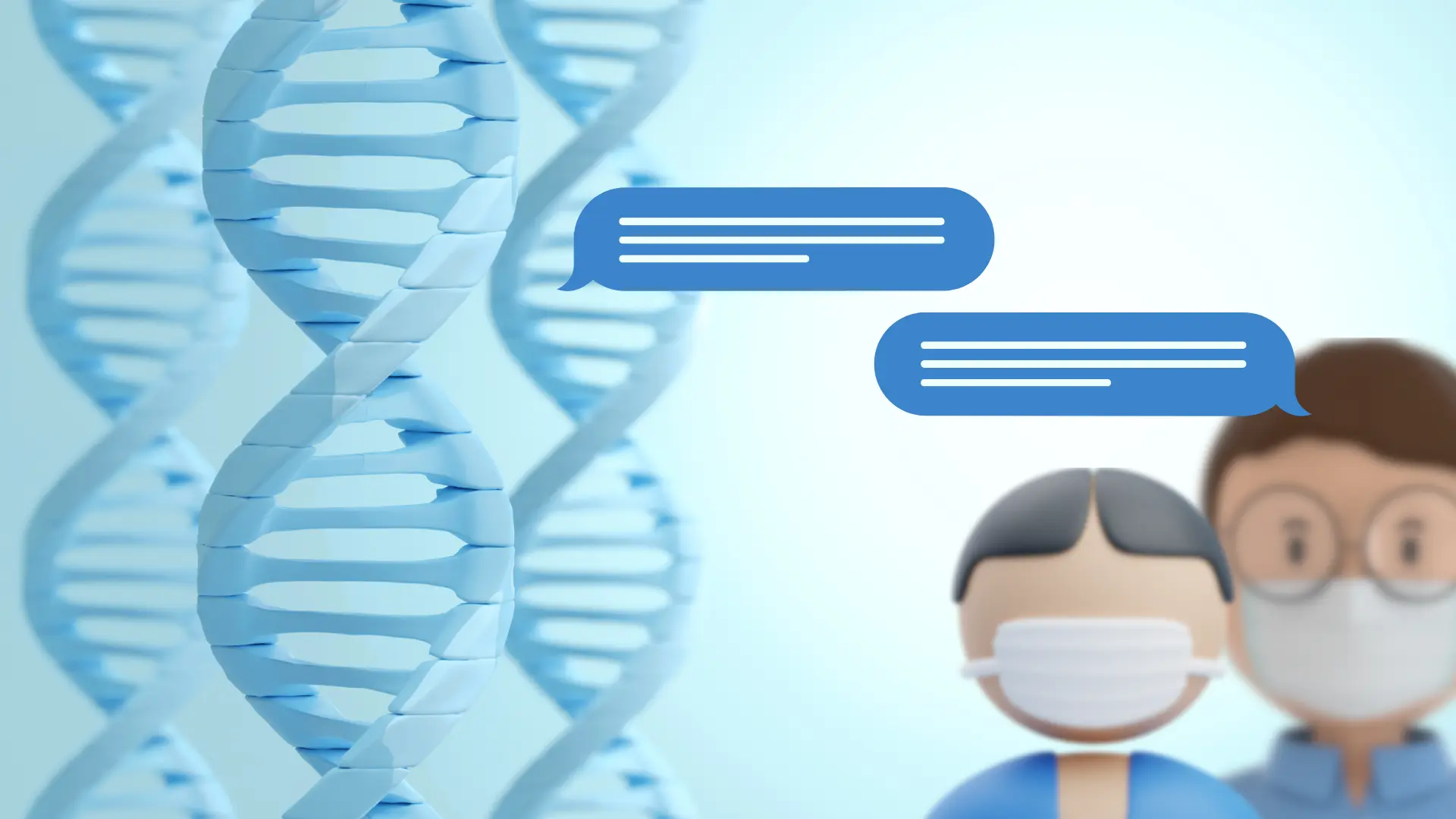
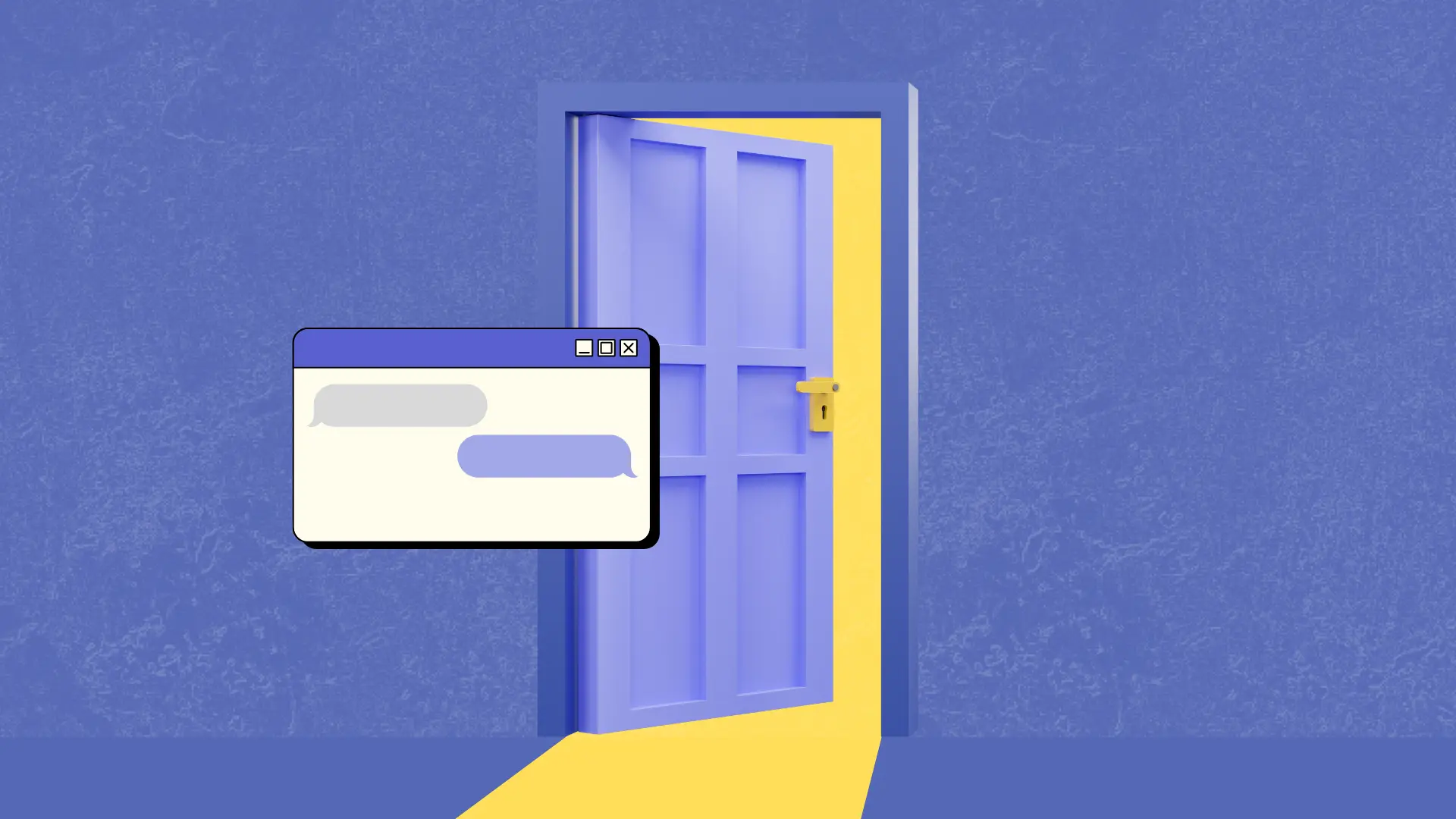
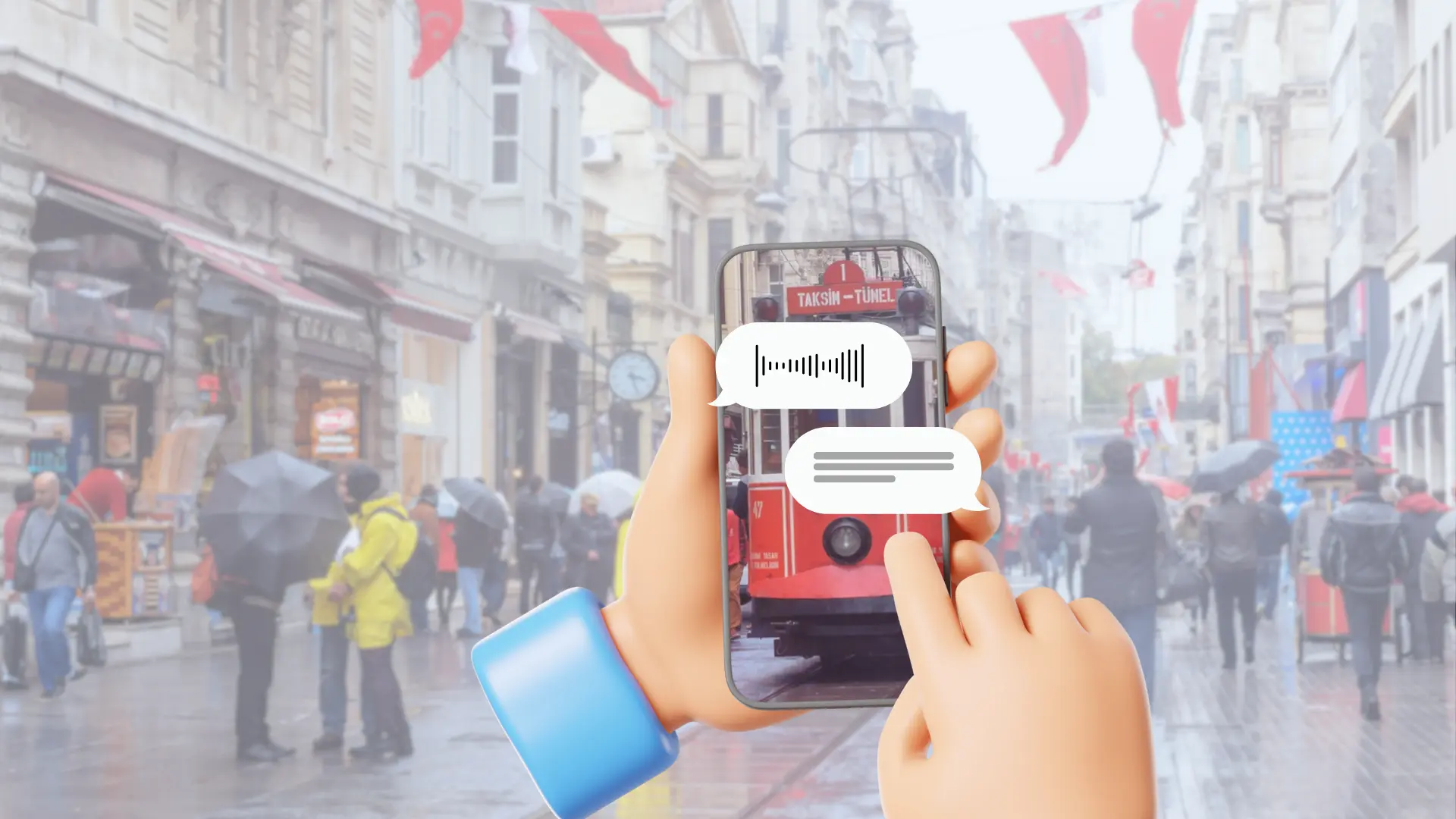
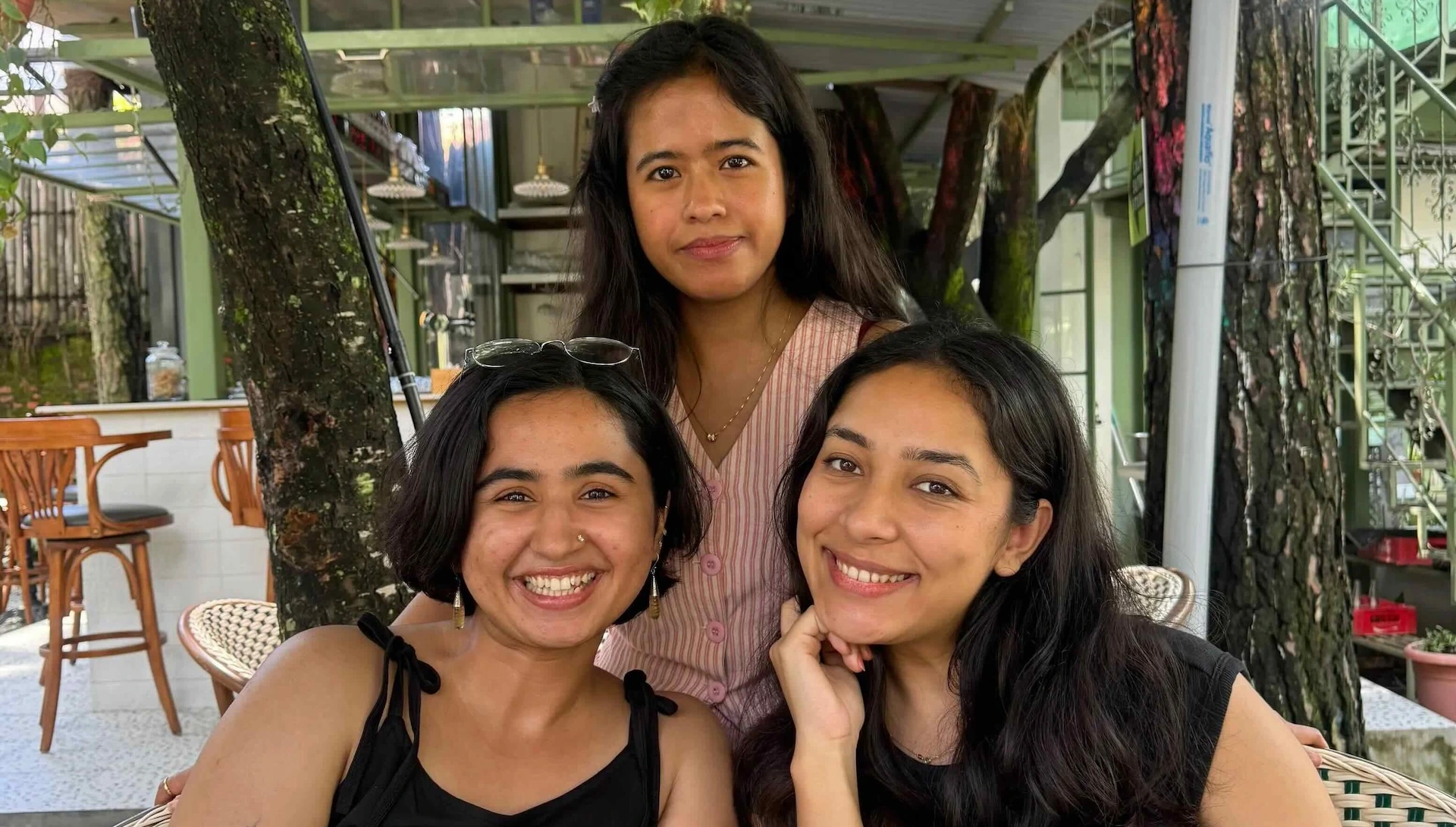
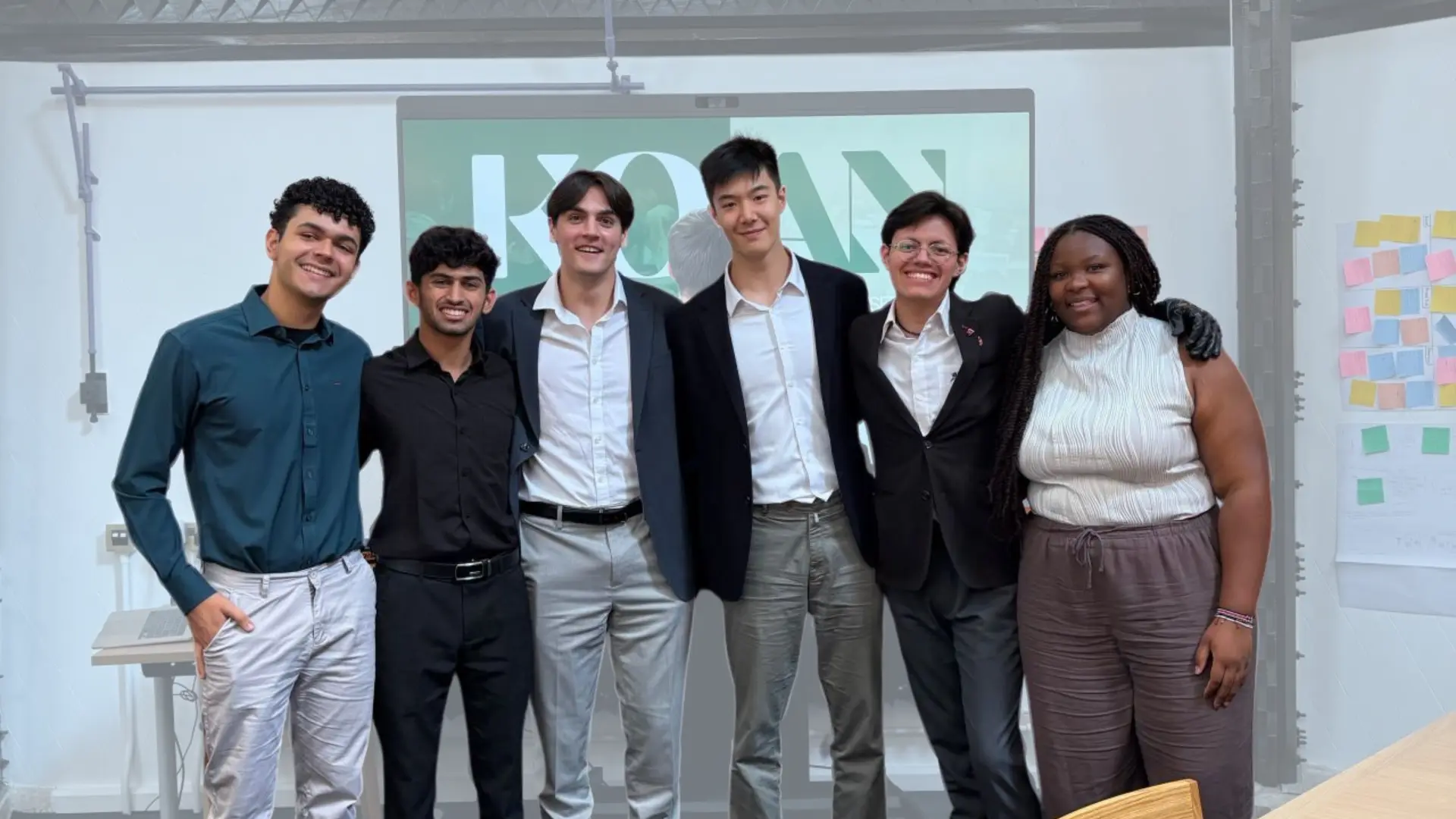
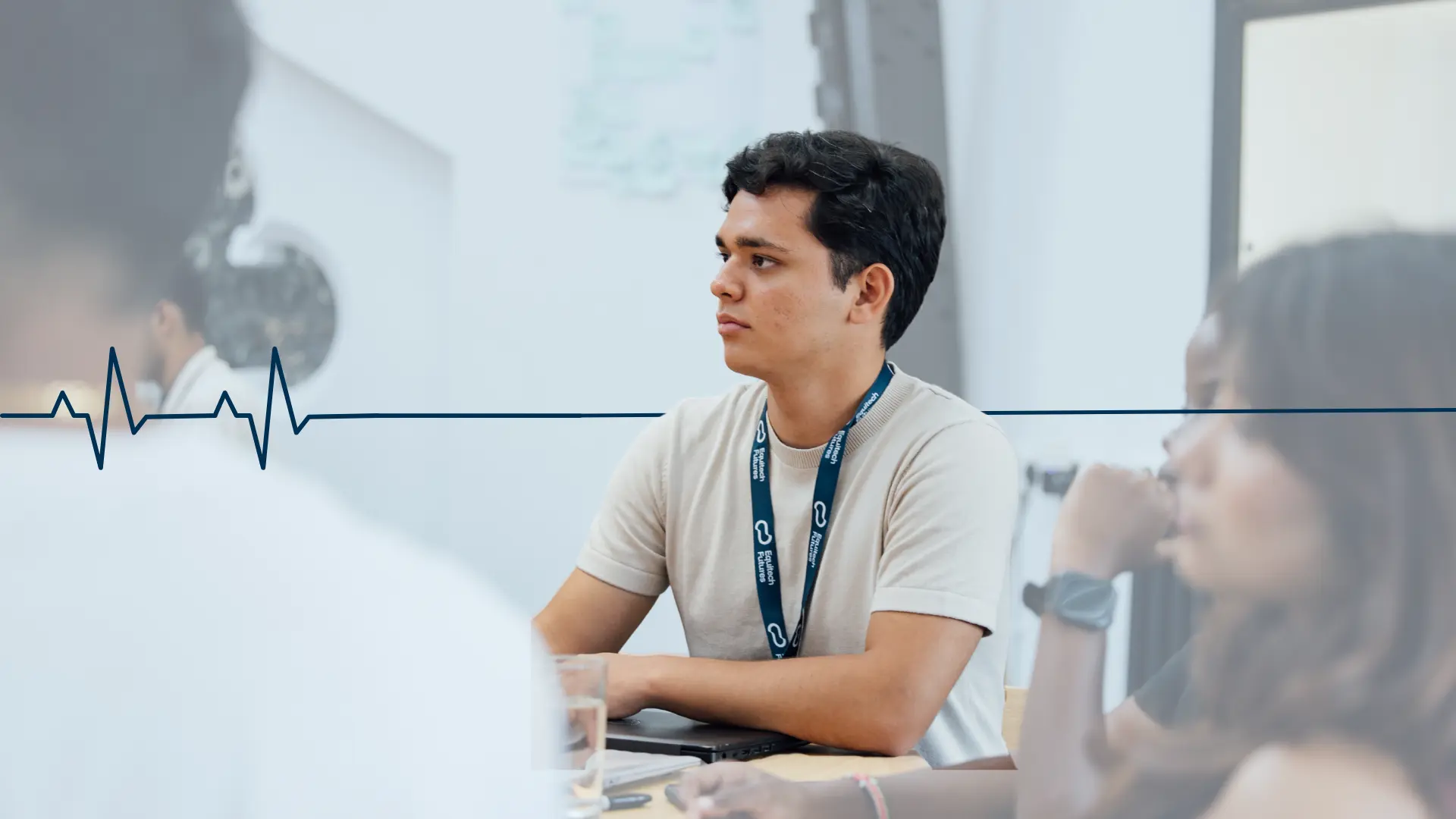

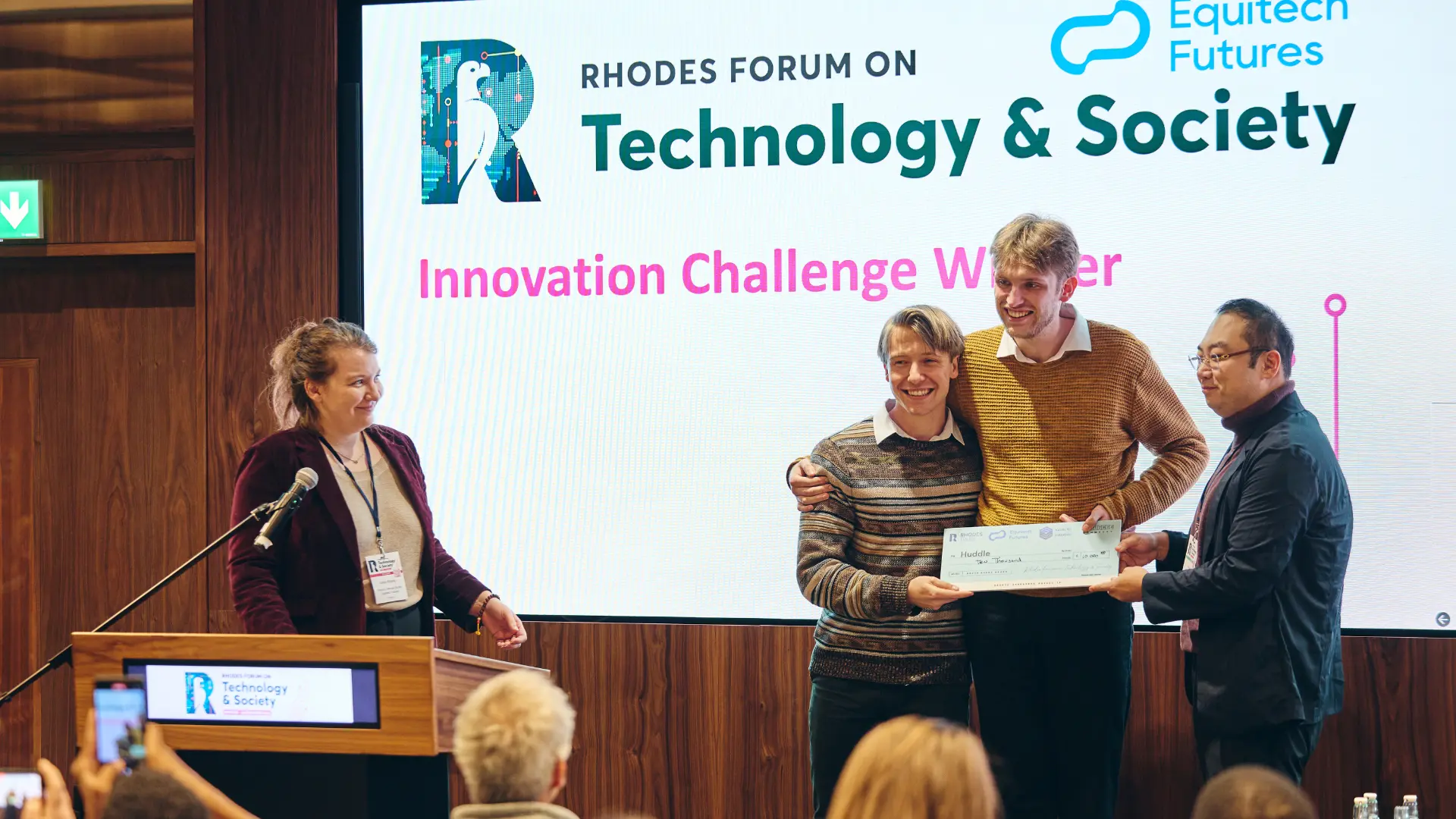







.webp)




.webp)


.webp)









.webp)















.webp)

.webp)


.webp)


.webp)





.webp)



